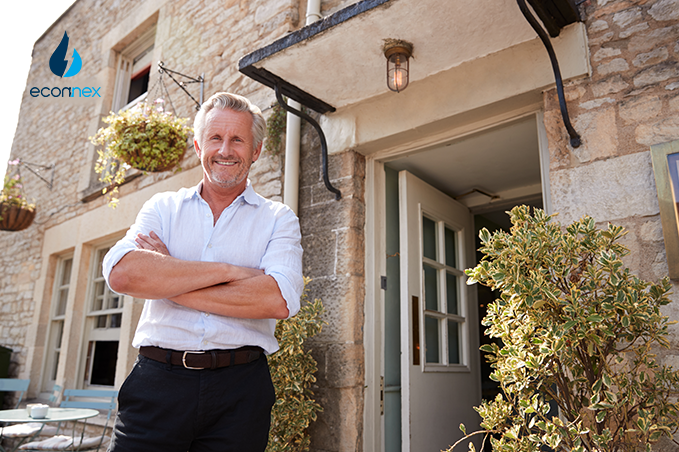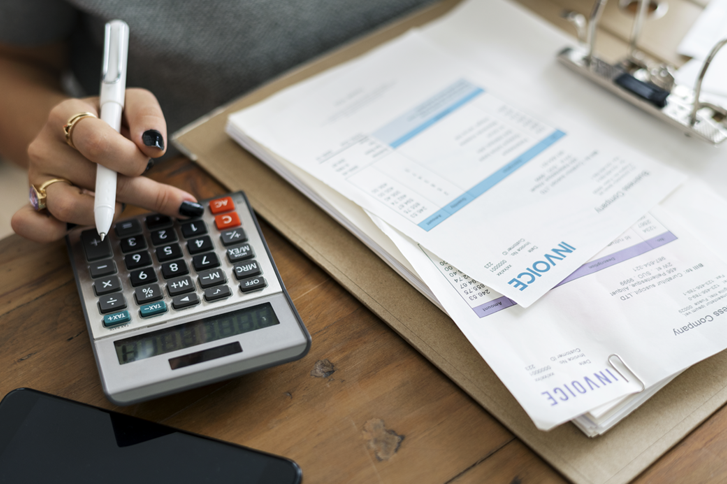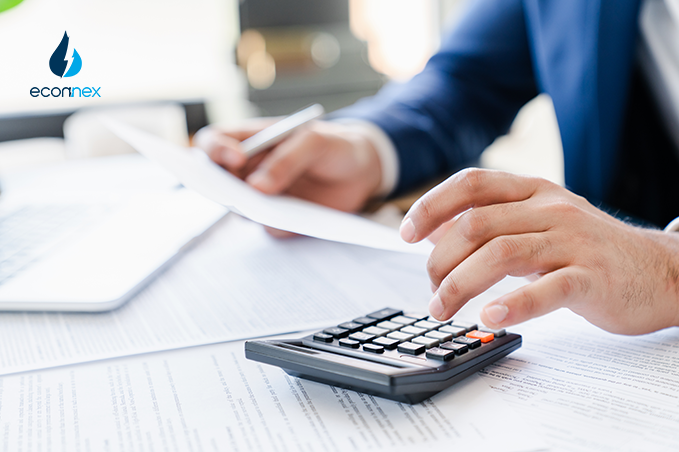Safeguard your tenants with confidence! Essential safety tips for landlords to create secure and welcoming rental spaces.

Published on 07/10/2023
By Rajesh Kumawat
Energy Comparison
A fire which causes by electrical faults is one of the nightmares of house owners. As a result, many landlords closely pay attention to home safety to attract more tenants and avoid potential hazards.
It is not an easy task to make tenants feel safe. However, there are a few safety precautions which can be implemented to ensure the tenant’s safety.
Based on the Live Safe Foundation, there are many ways to improve the tenant’s safety. One of these is by ensuring the house number is visible enough to be seen from the main street.
It’s important to quickly locate the building in case of an emergency. It also saves time for emergency personnel during the rescue.
Guidelines:
According to the National Fire Protection Association (NFPA), rental properties should have installed smoke detectors and carbon monoxide (CO) alarms. It warns tenants about potential poisoning caused by too much CO in the atmosphere.
Test alarm systems at least once a month to ensure all alarms are functioning properly. Also, do not forget to clean detectors and replace it with new batteries.
Guidelines:
Routine maintenance for heating, air-conditioning units, and ventilation is an important task according to Energy Star. It ensures the more energy-efficient operation and reduces fire hazards too.
Guidelines:
As a landlord, it’s important to make tenants feel safe. However, the landlord’s safety is a priority too. Implementing security precautions make both tenants and owners safer at the rental house.
Guidelines:
It’s a responsibility of homeowners to ensure that electrical wiring and systems are properly installed on their property. The rental place should free from any electrical faults that may cause fires.
Guidelines:
By following these guidelines, fire hazards caused by electrical faults can be prevented. It’s better to prepare for this kind of circumstances and ensure your tenants and your safety.
Visit Econnex for more electrical safety tips.



